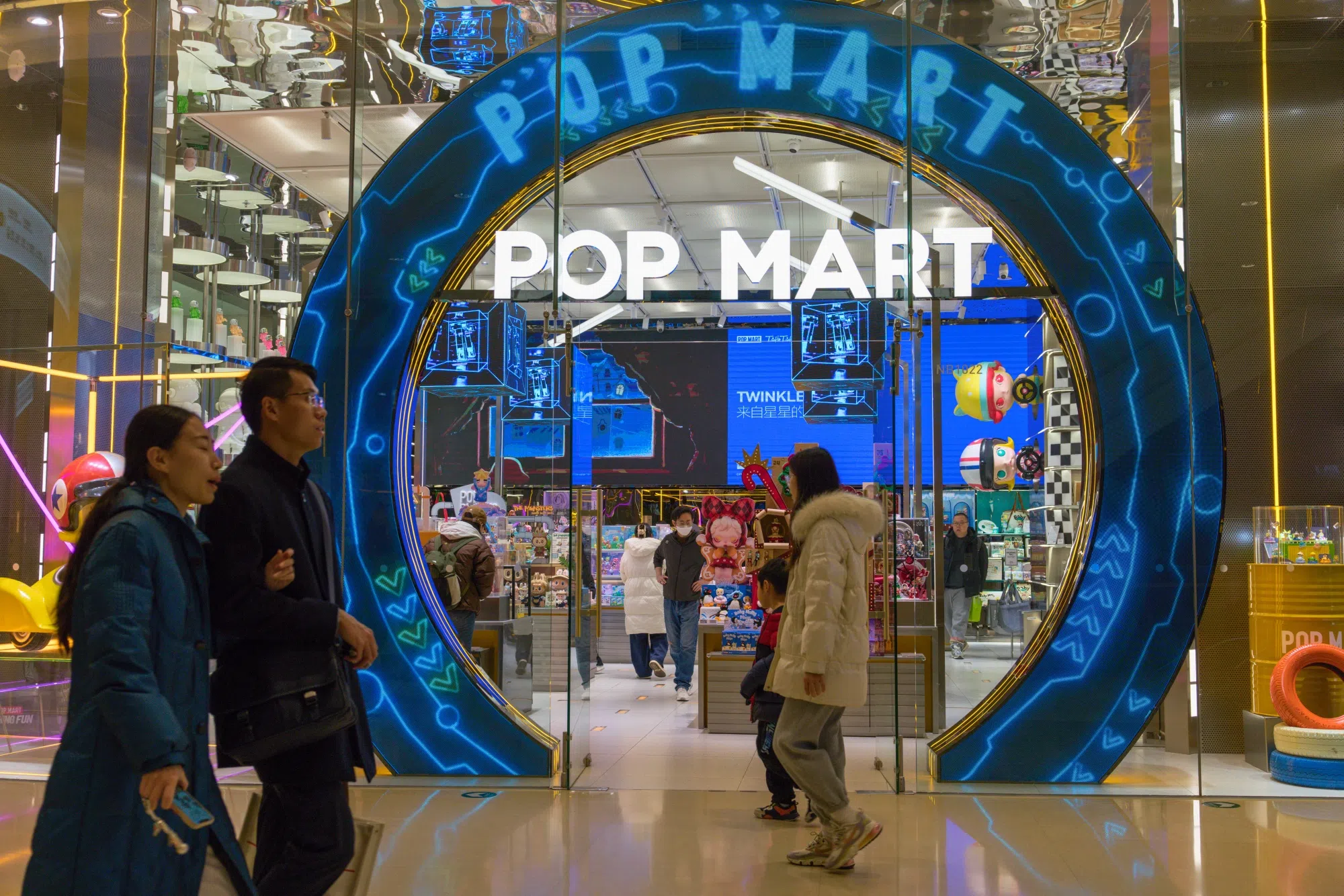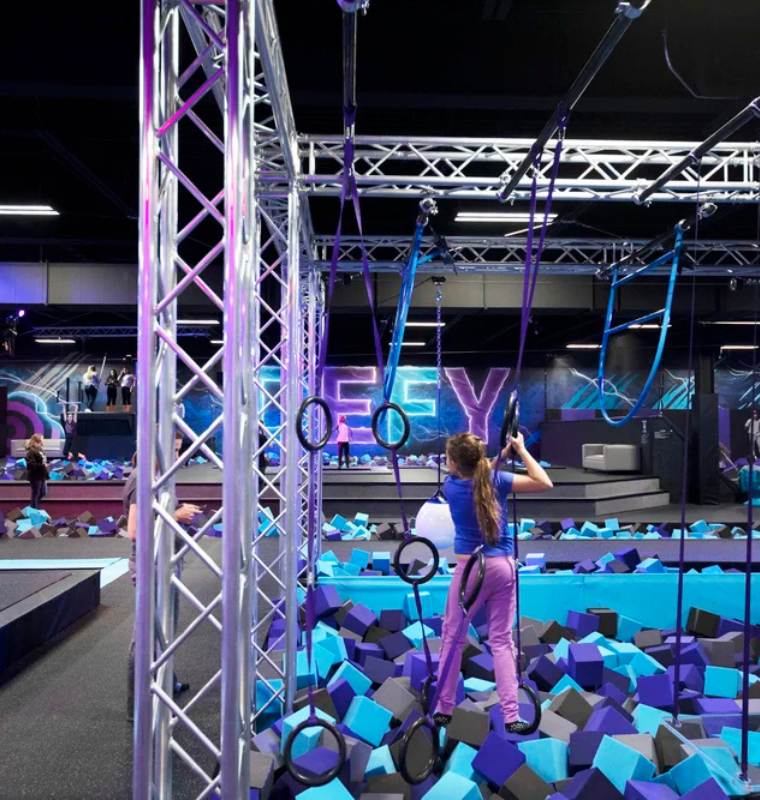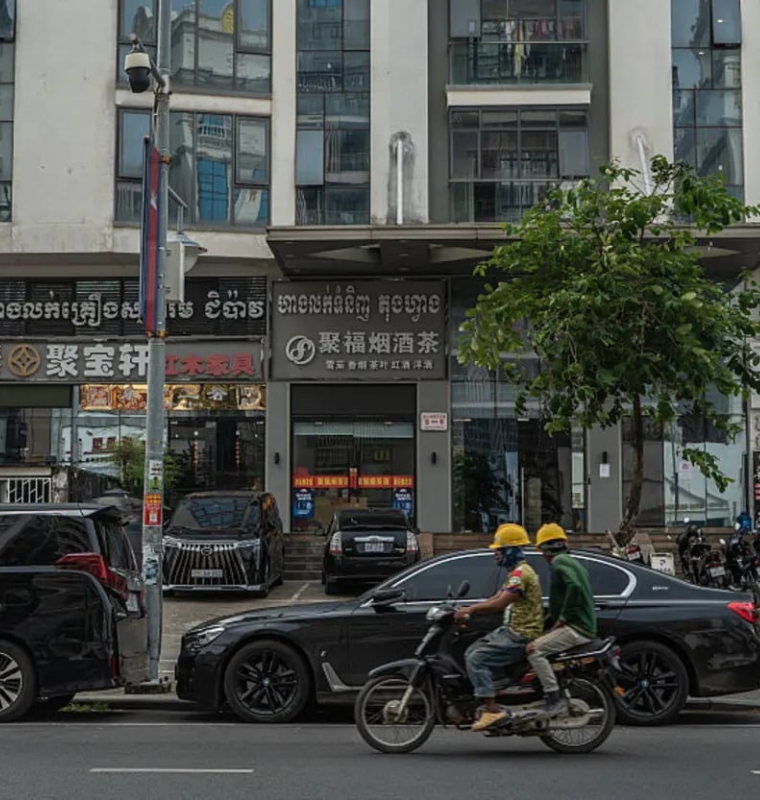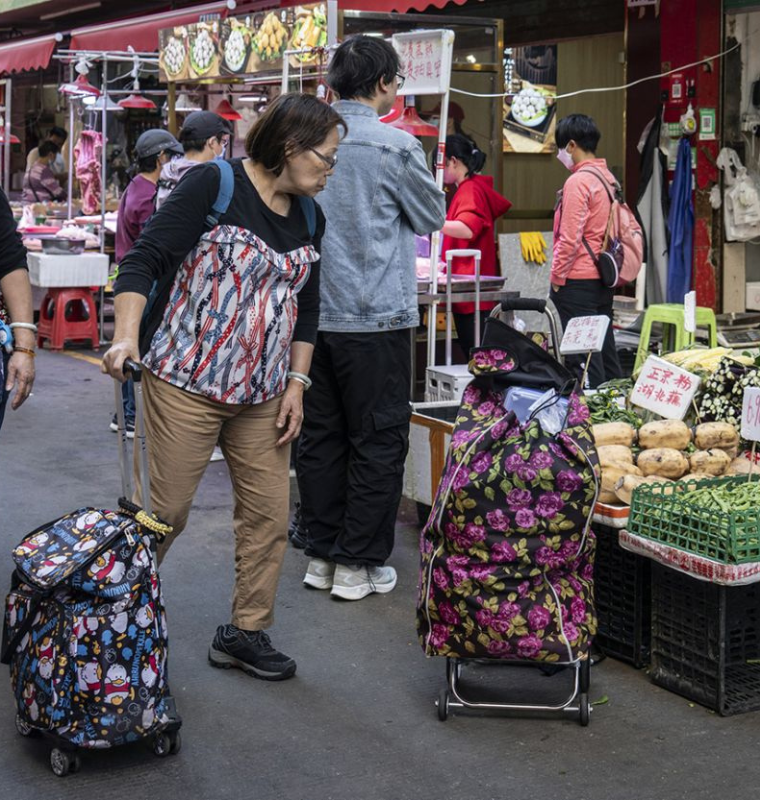The Visionary Behind Pop Mart: How BA Capital Is Redefining China’s Consumer Investment Landscape
The Visionary Behind Pop Mart: How BA Capital Is Redefining China’s Consumer Investment Landscape
By
Rachel Steinberg
Last updated:
October 9, 2025
First Published:
November 30, 2025

Photo: The Business Times
For years, global investors have debated whether China’s once-booming consumer market has lost its spark. Yet for David He, founding partner of BA Capital, the story is far from over. In his view, China’s consumption patterns aren’t slowing down—they’re transforming. And those who can interpret the cultural and emotional undercurrents driving consumer behavior will find some of the most lucrative opportunities in Asia.
Founded in 2016, BA Capital has become one of the most successful venture firms focused exclusively on China’s consumer brands, quietly backing standout names such as Pop Mart, Laopu Gold, and BusyMing Group. Each of these companies has captured a different facet of modern Chinese consumption—from collectible toys to luxury jewelry to value-driven snacks.
How BA Capital Found Gold in Pop Mart’s Emotional Storytelling
David He was among the earliest believers in Pop Mart, the brand that turned “blind-box” collectible toys into a cultural phenomenon. Today, Pop Mart boasts a market capitalization of HK$344.4 billion ($44.2 billion) and has become synonymous with emotional connection in consumer branding.
“It’s not just toys—it’s emotion,” He explained. “As adults, we still crave comfort, nostalgia, and joy. Pop Mart gives that through design and companionship. Their characters live on our desks, our shelves—they become part of our identity.”
Pop Mart’s success is built on its ability to merge emotional storytelling with design excellence. Its characters, from Molly to Dimoo, are crafted by top designers, and its product line continually evolves through limited editions, pop-up experiences, and theme parks. BA Capital’s investment in Pop Mart wasn’t about riding a trend—it was about anticipating a shift toward emotional and cultural resonance among China’s Gen Z and millennial consumers.
Laopu Gold and the Rise of Homegrown Luxury
Another of BA Capital’s breakout investments, Laopu Gold, reflects the growing appetite for homegrown luxury infused with Chinese identity. The jewelry brand’s value has skyrocketed—rising nearly 17 times its IPO price to reach a $15 billion market cap.
According to He, Laopu’s rise is a story of cultural confidence. “Chinese consumers are no longer chasing Western status symbols,” he said. “They’re looking for products that represent their own heritage—symbols of beauty, tradition, and permanence.”
Laopu Gold’s success also highlights how the pandemic reshaped spending habits. While global luxury brands saw declines, local consumers gravitated toward products that combined aesthetic appeal with tangible value—like gold jewelry rooted in Chinese craftsmanship. BA Capital spotted this trend early, seeing Laopu as the face of a new wave of Eastern luxury that competes globally without losing cultural authenticity.
BusyMing and the Value Revolution
BA Capital’s portfolio also includes BusyMing, a fast-growing budget snack brand that captures the consumer shift toward affordability and convenience. The company, now preparing for a Hong Kong IPO, caters to price-sensitive shoppers in China’s lower-tier cities, where spending power is rising fastest.
“Since 2022, the Chinese market has been dominated by the pursuit of value,” said He. “Efficiency, low pricing, and emotional satisfaction are key. BusyMing combines all three—and that’s why it resonates.”
This focus on pragmatic consumption is reshaping China’s retail landscape. While high-end segments thrive on cultural identity, mass-market success increasingly depends on operational excellence, pricing innovation, and emotional branding.
Spotlight on China’s Next Consumer Trends
For He, the next phase of China’s consumer growth lies in three areas: cultural pride, emotional well-being, and smart lifestyle technology.
He predicts strong momentum in “emotional healing” products—those that blend wellness, beauty, and emotional satisfaction—as well as brands that embrace feminism and personal expression. Meanwhile, BA Capital is expanding into consumer tech, investing in brands that bring technology into everyday life.
Some of its recent investments include Oladance (audio wearables), Tenways Electric Bikes, and Yarbo, a company producing autonomous snow blowers. These ventures reflect BA Capital’s belief that the most successful technology companies are those that humanize innovation and meet emotional or lifestyle needs—not just functional ones.
China’s Consumer Market: From Quantity to Quality
Despite cautious sentiment among foreign investors, He argues that China’s consumer economy still holds unparalleled potential. The challenge lies not in growth, but in understanding the qualitative evolution of Chinese demand.
“Consumers are more sophisticated than ever,” He explained. “They’re no longer impressed by imported goods alone. They want authenticity, design, and meaning. That’s where the real opportunity lies.”
BA Capital’s strategy reflects that belief. The firm manages three renminbi-denominated funds and one U.S. dollar fund, collectively ranking in the top quartile of over 470 emerging-market private equity and venture capital funds, according to Cambridge Associates. Around 80–90% of its exits come through IPOs, rather than mergers or acquisitions—testament to the caliber of brands it backs.
The Bigger Picture: Investing in Emotion and Identity
What sets BA Capital apart is not just its portfolio, but its philosophy—investing in emotion, culture, and authenticity. From Pop Mart’s blind-box joy to Laopu Gold’s cultural elegance, BA Capital’s success underscores a new truth: China’s next consumer wave will be driven less by volume, and more by identity, emotion, and connection.
“The Chinese consumer story isn’t ending,” said He. “It’s becoming more interesting—and far more human. The question is whether investors are ready to see it.”
Popular articles
Subscribe to unlock premium content
Defying Gravity in Style

Lunar Dreams Become Reality

Frozen Fantasies Come Alive

Defying Gravity in Style

Lunar Dreams Become Reality

Defying Gravity in Style









